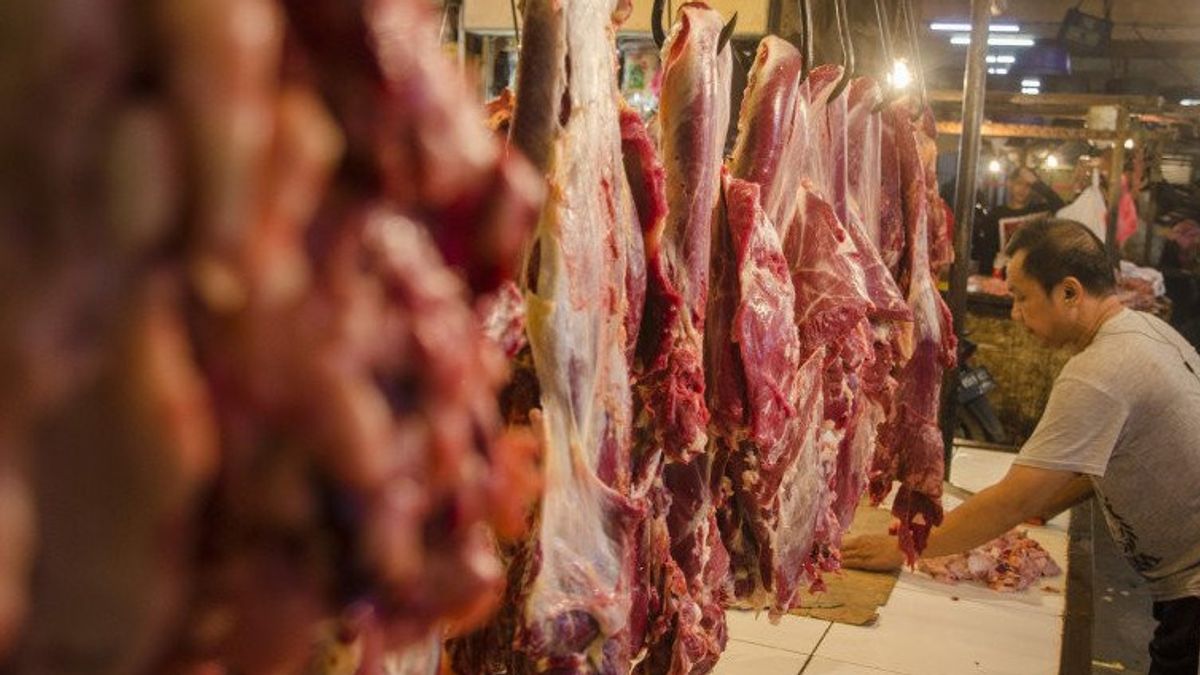JAKARTA - The Economic Director of the Business Competition Commission (KPPU) Mulyawan Renanggala said that his party had monitored the prices of basic commodities ahead of the month of Ramadan in several parts of Indonesia. From this observation, the majority of prices have increased.
Mulyawan also said that his party smelled the potential for unfair business competition. This causes commodities, such as cooking oil, to experience scarcity and high prices.
"We also identified the potential for unfair business competition behavior by several parties, which could lead to price increases and commodity shortages," he said at a press conference, Friday, April 1.
Furthermore, Mulyawan explained that the issue of business competition must be watched out for because the market structure for food commodities tends to be oligopoly and monopoly.
The oligopoly market structure is filled with commodities of beef, chicken, cooking oil, garlic, wheat, sugar and salt. Meanwhile, the monopoly structure occurs for rice, soybeans, shallots and chilies.
"Commodities that have an oligopoly and monopoly market structure always increase in price before Ramadan," he said.
From the market structure, said Mulyawan, there are several business competition issues that must be watched out for. First, from the producer's perspective, production capacity is not maximized. The hope is that there will not be too much stock in the market so the price will remain expensive, because if there is an abundance, the price will automatically fall.
"We also see these producers and importers even though they do not enter into an unwritten agreement to regulate prices, because of the oligopoly market structure, this dominant business actor can give a signal in the market, this is followed by other business actors," he said.
For the distributor side, they changed the product packaging because the price disparity with packaged cooking oil was very high. Therefore, they do unfair competition in the hope of increasing prices.
Mulyawan also regrets that the government is not serious in dealing with this unfair business competition. One of the obstacles is that the government does not have accurate information about the data.
"This needs to be corrected by the government, several years ago the government was late in maintaining supply, so there was a supply shortage," he explained.
The English, Chinese, Japanese, Arabic, and French versions are automatically generated by the AI. So there may still be inaccuracies in translating, please always see Indonesian as our main language. (system supported by DigitalSiber.id)











